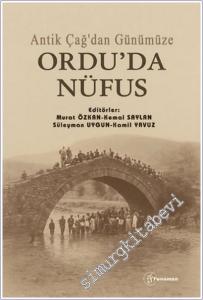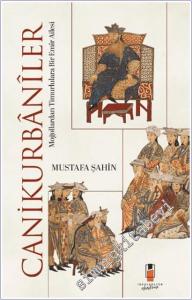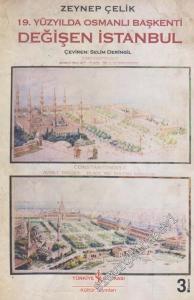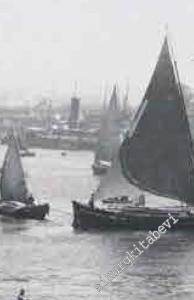1199119053
504769
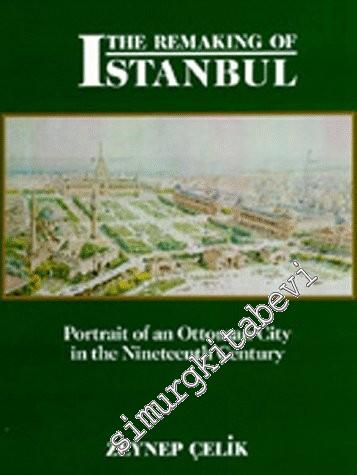
https://www.simurgkitabevi.com/the-remaking-of-istanbul-portrait-of-an-ottoman-city-in-the-nineteenth-century
The Remaking of Istanbul: Portrait of An Ottoman City in The Nineteenth Century - #smrgSAHAF
0.00
During the 19th Century the imperialist powers of Europe redeveloped their capitals on a grand scale. The Remaking of Istanbul details the attempts of the later Ottoman sultans to apply Western planning principles to their ancient capital in a similar fashion. Celik provides a historical survey describing the disintegration of the regularized Byzantine street network under the Ottomans, and also explains how the placement of mosques, bathes and other public spaces prior to 1800 presented problems in revitalization plans. Transportation issues are given their own chapter, where the inequity of tram service in the old city compared to the new suburbs and Ottoman attempts to regulate ferry service are discussed in detail. Perhaps the most intriguing element of the book is the section devoted to grand schemes which never came to fruition; the scope of the plans, which involve fantastic bridges, expansive squares and broad boulevards, will surprise readers who know modern Istanbul. An architectural historian by training, Celik includes a chapter on architectural pluralism detailing the myriad of styles that appeared in Istanbul during the period and the controversy they caused. The political and economic situation of the Ottoman Empire during the period is repeatedly touched on, and the disparities in wealth and influence between the city's Muslim and Christian populations and the crippling effects of Ottoman concessions to Western concerns are addressed at length. More than just an architectural history or a planning survey, The Remaking of Istanbul tells the story of how the Ottomans, in their rush to modernize their capital along Western lines, would find themselves strangled by the pursestrings of the European nations they had commissioned to carry out the work for them.
During the 19th Century the imperialist powers of Europe redeveloped their capitals on a grand scale. The Remaking of Istanbul details the attempts of the later Ottoman sultans to apply Western planning principles to their ancient capital in a similar fashion. Celik provides a historical survey describing the disintegration of the regularized Byzantine street network under the Ottomans, and also explains how the placement of mosques, bathes and other public spaces prior to 1800 presented problems in revitalization plans. Transportation issues are given their own chapter, where the inequity of tram service in the old city compared to the new suburbs and Ottoman attempts to regulate ferry service are discussed in detail. Perhaps the most intriguing element of the book is the section devoted to grand schemes which never came to fruition; the scope of the plans, which involve fantastic bridges, expansive squares and broad boulevards, will surprise readers who know modern Istanbul. An architectural historian by training, Celik includes a chapter on architectural pluralism detailing the myriad of styles that appeared in Istanbul during the period and the controversy they caused. The political and economic situation of the Ottoman Empire during the period is repeatedly touched on, and the disparities in wealth and influence between the city's Muslim and Christian populations and the crippling effects of Ottoman concessions to Western concerns are addressed at length. More than just an architectural history or a planning survey, The Remaking of Istanbul tells the story of how the Ottomans, in their rush to modernize their capital along Western lines, would find themselves strangled by the pursestrings of the European nations they had commissioned to carry out the work for them.
Yorum yaz
Bu kitabı henüz kimse eleştirmemiş.

